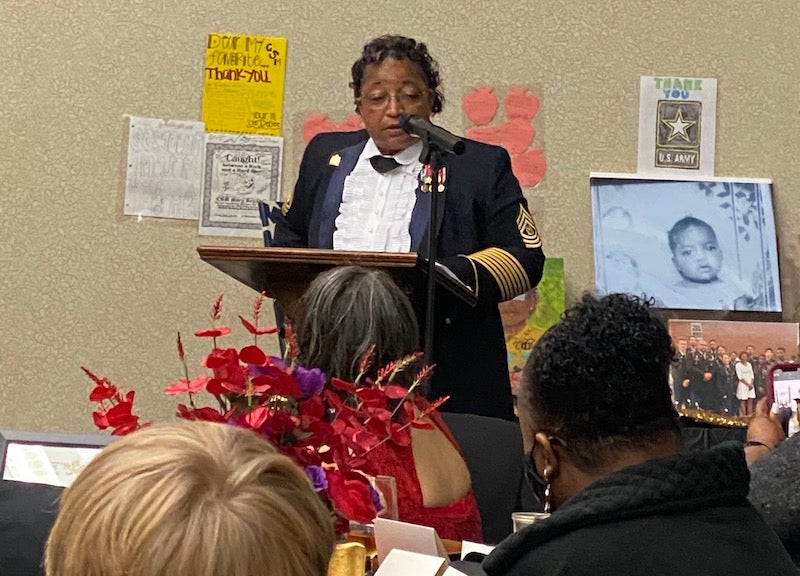Students practice healthy habits
Published 4:00 pm Monday, October 18, 2010
Students and parents can work together to maintain the healthiest lifestyle possible.
Even during flu season when everyone seems to be getting sick, there are some things both parents and their children can do to help prevent getting and spreading germs.
Angela Horton is the LPN for Wilsonville Elementary School, who works for RN Tonya Rushton.
Staying at one’s optimal health is important to them and, they know a few tips to refer this season and to continue to use in the future.
Washing your hands is the No.1 prevention measure against getting sick.
Rushton explained that proper hand washing is done with warm water and soap for at least 15-30 seconds.
This is about the time it takes to sing the ABC’s.
It is important to wash all parts of the hands as well: between fingers, under nails and back of the hands.
After rinsing well, remember to dry them completely and use your paper towel to turn off the faucet.
“Hands should be washed before preparing or eating food, after sneezing, coughing, or blowing the nose, after going to the bathroom, and after an injury, scrape or cut,” Rushton explained.
If your hands are not visibly dirty, alcohol-based hand sanitizer can be used.
After wetting all parts of the hands with the hand sanitizer, allow them 10-15 seconds to dry completely and kill the germs.
This is an easy way to clean the hands when a faucet may not be close. Sanitizer can also be easily stored in a lunch box or purse.
“It is better to cough or sneeze into your sleeve, elbow or shoulder, rather than covering your mouth with your hands,” Rushton said.
“This is because washing your hands after every cough may not be a possibility.”
She also explained the importance of keeping sick children at home.
Schools have a 24 hour rule that the child must be without a fever, vomiting or diarrhea for 24 hours before returning to school, and physicians recommend the child to be on antibiotics for 24 hours before returning to prevent spreading the germs.
Along with hand washing and flu shots to help prevent getting sick, Tonya also said “Eating a well-balanced diet also helps the body obtain the vitamins and minerals to fight off bacteria and viruses.
Adequate sleep is also an important factor in staying well. The body needs rest to successfully fight against bacteria or viruses.”
Since school nurses do not keep medications at school, when kids need medicine, parents should give it to their child before sending them to school, or bring a new, unopened, unexpired, age-appropriate container to the school nurse and sign an authorized form if the medication is to be given at school.
Rushton reminded parents to listen to the child and monitor them daily.
Often children will forget to talk to parents and tell them how they feel in the morning when things are busy and rushed.
The ADPH has a “Do 10” campaign that can be viewed at Adph.org/do10/ to raise awareness of flu prevention.
Parents can visit this and even print free posters and fact sheets.
The 10 steps that are described are get vaccinated, wash your hands, cover your coughs and sneezes, stay home with fever, stockpile supplies, clean and disinfect, know your office emergency plan, learn home care, call your doctor if symptoms get worse and stay informed.
Kennedy Tolbert is the community columnist for Wilsonville. She can be reached at kennedytolbert@bellsouth.









